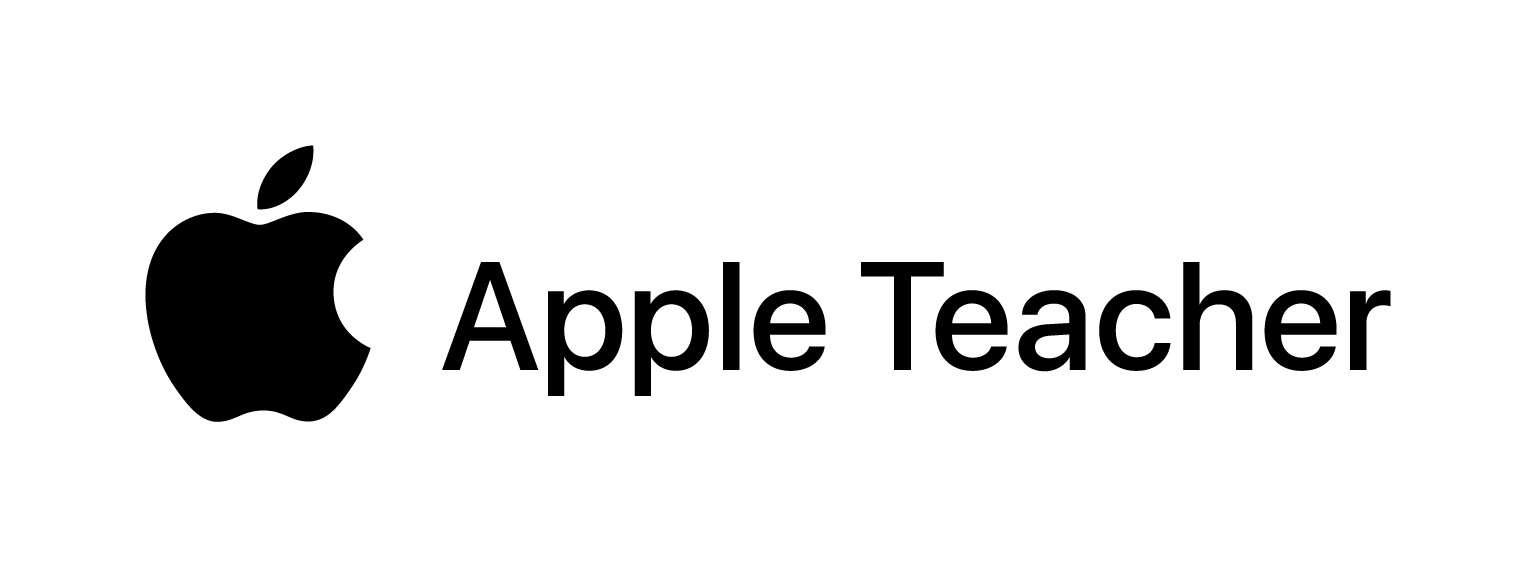I’m going to ask you a question. I want you to answer the question quickly and without thinking about it. Please be honest, it’s only for yourself. Here goes:
Can you teach someone without caring about them?
Did you have a quick answer? Now you’ve had a moment to reflect on your answer, does it surprise you? I know the rational, nice, answer is that “of course we have to care”, but the instinctive (honest?) answer is often “no”.
Your initial thoughts might have gone to your students or classmates that you might not know or actually like. Out of a class of 10, 30, 200, you may not know everyone’s names, their stories, who they are…
I have been asking quite a few people this same question, and although a few might sit on the fence, the vast majority of first answers were “no”. In fact, there were very few “yes” answers at all.
So what does that mean about education? We’re all uncaring sociopaths, or is it more nuanced?
Normally, after asking that question, I follow up with a conversation and hear similar post-hoc rationalisations such as “what about YouTube videos? They are teaching you things.”
On the surface, this is a great argument, but one I want to counter by suggesting that YouTube how-to videos, and the like, are instructing, not teaching. You may think that is a minor semantic difference and I am being overly penickerty. And maybe I am.
However, I would argue that the fundamental difference between teaching and instruction is assessment. If assessment does not occur, this is instruction/training, and if assessment does occur, this is teaching.
There is some nuance in what we call assessment, granted. However, if there is a genuine requirement to take information or instruction and to process it, e.g. extrapolating it to different scenarios, then that is assessment. You could call it ‘authentic assessment’ if the wind is blowing in that direction and that phrase is still in vogue. Parroting facts via poorly executed multiple choice questions (the longest answer wins, or it is ‘all the above’) is pseudo-assessment and doesn’t count.
Now, I want to be very clear here: the industries of professional development (i.e. training) and education both utilise teaching and instruction/training. The best corporate training isn’t training at all, it is actually teaching. In the same way that the worst teaching is actually training as the assessments and what’s taught don’t align or have value. There is a place for both, and both will likely exist concurrently without any negative value judgement. But there is a fundamental difference: assessment.
So, coming back to the original question, my hypothesis is that assessment is an act of care about your students and their development. To instruct or train, without the opportunity to test if that knowledge or skill has been developed – i.e. usable in other contexts – is not teaching, and it isn’t an act of caring. You are passing across information to your students without any interest in how it might affect their lives.
Assessment is the activity we use to show we care about not only what our students have learned, but also what change in their actions and behaviours that learning entails.
It’s worth noting that an act of care may not be personalised; but, if you are teaching them, there is an intention that they develop even if you don’t like the person. It’s also important to consider time and space within this hypothesis. I also suggest that displacement of time or location does not matter. This means that it is possible for asynchronous, online learning to be teaching. What matters is the intention of the educator.
If I had asked the initial question differently: do you teach to make a difference to your students’ lives? Then I think the answers would have been overwhelmingly positively. If my thesis is correct, then you have the mechanism to know how and why you do care. It might help you think about making your assessments more meaningful.
NB: There are no references in here because I wanted to extract thoughts from my brain and get them down on the page without the risk of it being actively viewed through someone else’s lens. I would very much like your thoughts and critique of this thesis. I may return to provide more explanation or rigour in the future, but I also may not.


